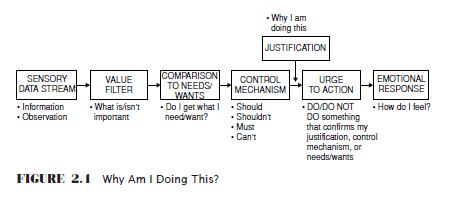Review
A fascinating little book. Very quick read. I trimmed more than I usually do because it's a chatty, narrative type of book and we've really had our fill of those, I hope you agree. However if you want to know more about the whole thing it's easy to find copies for free online.
I can't find out very much about Arthur Simpson. One forum author claims that POP is George Lane, but I think it's never been settled.
I think most of this is golden advice, but for myself I've had little luck trading this way as I tend to die from a thousand cuts. The market immediately moves against my positions and so hardly any trades ever get 'confirmed', but then again, it's quite likely I didn't 'press my winners' as I should have.
A fascinating little book. Very quick read. I trimmed more than I usually do because it's a chatty, narrative type of book and we've really had our fill of those, I hope you agree. However if you want to know more about the whole thing it's easy to find copies for free online.
I can't find out very much about Arthur Simpson. One forum author claims that POP is George Lane, but I think it's never been settled.
I think most of this is golden advice, but for myself I've had little luck trading this way as I tend to die from a thousand cuts. The market immediately moves against my positions and so hardly any trades ever get 'confirmed', but then again, it's quite likely I didn't 'press my winners' as I should have.
1

